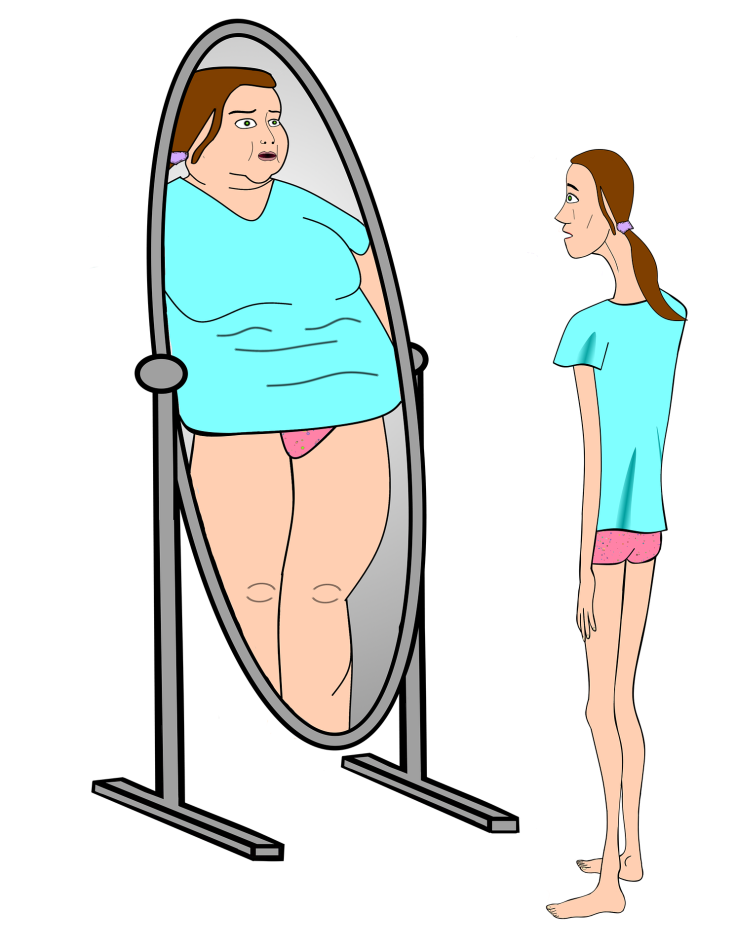Teens Might Develop Eating Disorders While Trying To Build Muscle, Study Suggests

Teenagers who see themselves as weak and small are at high risk of developing a type of eating disorder after they exercise to gain weight, according to a study. The study suggested that a type of muscularity-related eating disorders is linked to muscle build up.
The research that was published in the International Journal of Eating Disorder stated that this type of eating disorder is caused due to eating differently or more to accomplish the result. The researchers further said that bulk eating and the use of anabolic steroids and supplements can also result in eating disorders.
Teen boys and girls with muscularity-related eating disorder restrict the consumption of carbs and fats, exercise excessively and consume excess protein to build up muscle and achieve the body they want.
“In moderation, some behaviors such as eating more or different types of food to build muscle or bulk up may not be ‘disordered’. However, engaging in muscle-building or bulking behaviors may put young people at greater risk for developing an eating disorder,” lead researcher Jason Nagata, who is a researcher from the University of California, told Reuters.
For the study, the researchers observed 14,891 teens and young adults aged 15 and above for seven years. At the end of the study, they found that one in every 20 female participants and one in every five males showed one or more symptoms of muscularity-related eating disorders.
The scientists also found that African-American teenagers were at higher risk of developing this eating order compared to young whites. African-American teens were twice as likely to develop this disorder as white youth.
Among all teen girl participants, the risk of developing muscularity-related eating disorders was three times higher in those who did excessive exercise than those who did not do anything for muscle build up.
Meanwhile, the teen boys who viewed themselves as small and weak were 56 percent at higher risk of developing this disorder. Those who exercised to gain weight were twice as likely to develop this disorder as compared to those who did not see themselves as puny.
Through the study, the researchers also found that nearly seven percent of the boys who participated in the study used supplements to build muscle and gain weight. About three percent of the young boys also admitted that they used anabolic steroids.
But the usage of supplements and steroids were low among girls. Only 0.7 percent of the girls used supplements and just 0.4 percent young women used steroids.
However, the researchers admitted that the study has its own limitations. During the study, they were unable to find out the types of supplements and steroids used by the teens. They were also unable to find the frequency and extremism of all the behaviors related to muscularity-related eating disorders.
The scientists said these behaviors may lead to muscle dysmorphia if they are left unchecked. The muscle dysmorphia is characterized by obsessive over-exercising, rigid diet and extreme preoccupation with physique, the researchers added.
In some extreme cases, muscularity-related eating disorders may escalate muscle dysmorphia, associated with depression and social withdrawal. It can also cause heart failure because of overexertion and insufficient calories.
“Some eating disorders can be challenging to diagnose. Unlike anorexia nervosa, which may be easily identified by parents or pediatricians, disordered eating to increase bulk may masquerade as healthy habits and because of this, it tends to go unnoticed,” the lead researcher said.
© Copyright IBTimes 2025. All rights reserved.





















